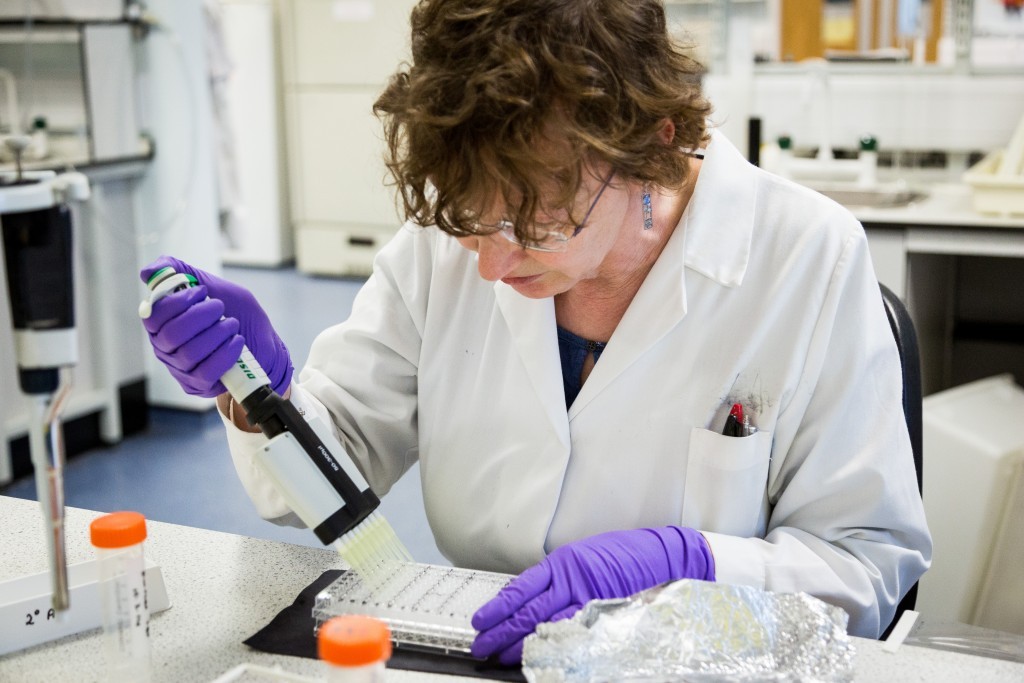Researchers from the National Institute for Health and Care Research (NIHR) Manchester Biomedical Research Centre (BRC) and University of Manchester have played a crucial role in creating the first set of guidelines for cancer screening in an inflammatory muscle disease known as “myositis”, which carries an increased risk of cancer.
The international guideline, titled ‘Idiopathic Inflammatory Myopathy-Associated Cancer Screening: an International Myositis Assessment and Clinical Studies Group (IMACS) Initiative’, was published in early November 2023 and led by Dr Alexander Oldroyd.
Dr Oldroyd, an NIHR Academic Clinical Lecturer within the Rheumatic and Musculoskeletal Diseases Theme (RMD) of the NIHR Manchester BRC, focuses his research on improving cancer screening in myositis. The guideline offers a personalized roadmap for individuals with adult-onset myositis, a rare condition that causes muscle weakness, and provides 18 recommendations. Its main objective is to empower clinicians to detect cancer early, particularly in high-risk individuals, ultimately leading to better outcomes.
Dr Oldroyd explained, “The guidelines classify individuals into standard, moderate, or high-risk groups based on their myositis subtype, autoantibody status, and specific clinical features. The guideline outlines two screening panels: a ‘basic’ option with tests like chest radiography, and an ‘enhanced’ option with advanced techniques such as CT scans and tumor markers.”
He added, “The guideline also offers guidance on the timing and frequency of screening, tailored to individual risk levels. In certain cases, additional procedures like gastrointestinal endoscopy and PET–CT scans are recommended.”
Myositis is an autoimmune muscle disease that affects approximately 10,000 people in the UK. Evidence suggests that up to 1 in 4 individuals with myositis will develop cancer within three years of diagnosis. The most common types of cancer associated with myositis include lung, ovarian, colorectal, lymphoma, breast, and nasopharyngeal cancers. While myositis itself is currently treatable, it is not curable.
Dr Oldroyd, who is also a Rheumatologist at Salford Royal Hospital, presented the recommendations at the American College of Rheumatology conference. The evidence-based guideline has been published in Nature Reviews Rheumatology.
The process of developing the guideline began in 2019 and involved conducting a meta-analysis and systematic review. The expert group consisted of 75 co-authors from 22 different countries.
Dr Oldroyd expressed his pride in having an evidence-based guideline to improve cancer screening outcomes. He stated, “This global guideline will help clinicians assess a patient’s individual characteristics, using their disease subtype, and implement a standardized approach across health systems to determine whether they are at high, moderate, or standard risk of cancer.”
He emphasized the importance of early detection in improving outcomes and hopes that the guideline will assist clinicians in planning cancer screening for patients and determining the frequency of screenings.
The recommendations have been scientifically reviewed by the International Myositis Assessment and Clinical Studies Group Scientific Committee and endorsed by the International Myositis Society.
The RMD Theme is part of Manchester BRC’s Inflammation Cluster, along with three other research themes: Respiratory Medicine, Dermatology, and Integrative Cardiovascular Medicine.
To learn more about the Manchester BRC’s research on rheumatic and musculoskeletal diseases and other health conditions, watch their Spotlight On film.
